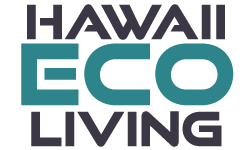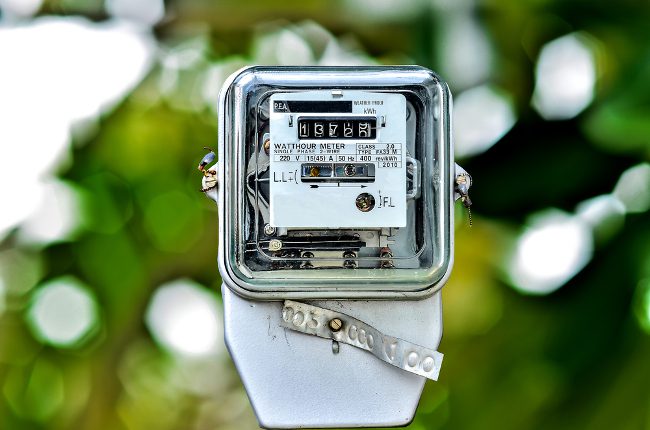As solar power—both giant farms and small rooftop installations—enjoys tremendous growth across the U.S., there’s been pushback from big utility companies. They’ve campaigned to end net metering, in which solar panel owners can return unneeded power they’ve generated to the grid for credit, and to add fees to their bills, calling homeowners and small businesses with rooftop panels “free riders” who don’t contribute to the upkeep of the grid.
But is there a possibility that both solar panel owners and utility companies could benefit from the increased deployment of solar? The Rocky Mountain Institute (RMI), an organization dedicated to finding practical clean energy solutions, thinks so. They project how that might happen in their new report The Economics of Load Defection. It’s a follow-up to the report of last year, The Economics of Grid Defection.
The earlier report looked at the challenges utilities would face if the widespread adoption of solar panels plus storage batteries caused energy consumers to defect from the grid entirely.
“We found that in the coming years and decades, large numbers of residential and commercial customers alike will find it economical to defect from their utilities and the electricity grid and supply themselves with power from solar-plus-battery systems,” said the earlier report. “This finding foretold a future in which customers will have a choice to either cost-effectively self-generate without the grid or be a traditional customer with the grid.”
The new report, on the other hand, speculates about the potential economic impact of customers with smaller and less costly solar panel/storage battery systems that decrease but don’t eliminate dependence on the grid. The report’s authors projected that the number of customers who would opt to disconnect from the grid entirely was small and that a much larger number of customers would choose to be connected to the grid with solar-plus-battery systems.
“Since such systems would benefit from grid resources, they could be more optimally sized, thus making them smaller, less expensive, economic for more customers sooner and adopted faster,” the report said. The report focuses on how such a configuration could evolve over time, and how many customers, how much power and how much revenue that could amount to.


